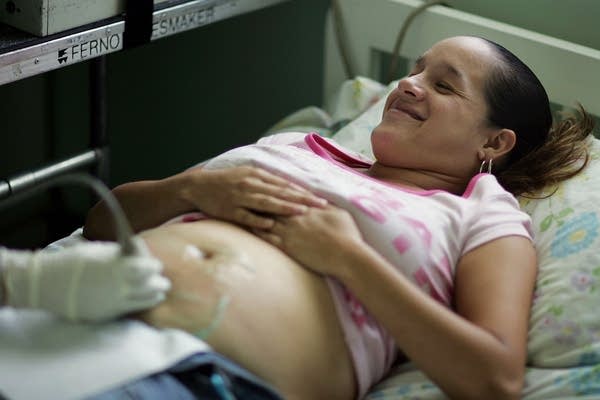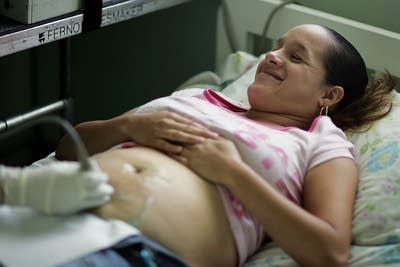When to have kids: A look at female fertility

Women hear conflicting advice about the best time to start a family. They're warned against waiting too long for health and fertility reasons, and women who put off starting a family for a career are labeled selfish.
But a recent article in The Atlantic claims that much of the information we use for fertility statistics is outdated and inconclusive:
The widely cited statistic that one in three women ages 35 to 39 will not be pregnant after a year of trying, for instance, is based on an article published in 2004 in the journal Human Reproduction. Rarely mentioned is the source of the data: French birth records from 1670 to 1830. The chance of remaining childless — 30 percent — was also calculated based on historical populations. In other words, millions of women are being told when to get pregnant based on statistics from a time before electricity, antibiotics, or fertility treatment.
Create a More Connected Minnesota
MPR News is your trusted resource for the news you need. With your support, MPR News brings accessible, courageous journalism and authentic conversation to everyone - free of paywalls and barriers. Your gift makes a difference.
Other studies show a more hopeful conclusion for women waiting to conceive:
One study, published in Obstetrics & Gynecology in 2004 and headed by David Dunson (now of Duke University), examined the chances of pregnancy among 770 European women. It found that with sex at least twice a week, 82 percent of 35-to-39-year-old women conceive within a year, compared with 86 percent of 27-to-34-year-olds. (The fertility of women in their late 20s and early 30s was almost identical — news in and of itself.)
Although some say studies have caused unnecessary alarm, the American Society of Reproductive Medicine says a woman's best chance to conceive is in her 20s and particularly declines after age 35: A healthy 30-year-old has a 20 percent change of getting pregnant each month; by age 40, that drops to 5 percent each month.
